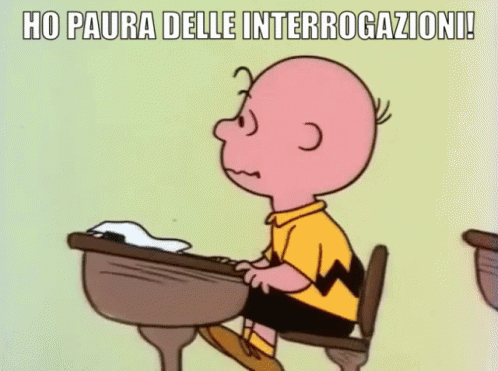My take on this is that the biggest reason for SVB's sudden blowup was an almost complete lack of the sort of risk management practiced by almost all banks.
Post-GFC, regulators have required banks to hold high quality liquid assets (HQLA) in sufficient quantity as to have the ability to meet a stressed outflow of deposits and to meet a required liquidity coverage ratio. These assets can be Treasury notes, MBSs, or even high-quality corporate bonds.
But here's the interesting thing, and from what I have seen so far, I'm not sure it's been well covered in the financial press.
HQLA can be booked under either Available for Sale (AFS) or Held to Maturity (HTM) accounting regimes.
AFS unrealized losses don't appear in the bank's P&L, but do show up in the capital accounts.
But booking the assets in an HTM regime prevents them from showing up at all! Convenient for those who want to delay the day of reckoning, isn't it?
This appears to be exactly what SVB did, at least to a large extent.
Further, it appears that SVB didn't hedge its asset portfolio against interest rate risk at all! Banks generally do this with interest rate swaps and any of several other types of derivative assets, thus reducing the risk of facing crises with tanking bond portfolio market values.
And, since there's been a little back-and-forth on the following statement, I'll address it as well.
Plus there is private deposit insurance. How do you think Warren Buffett stores his billions of cash ?
Originally Posted by VitaMan
No, he doesn't need to purchase any sort of private deposit insurance. Berkshire Hathaway buys Treasury assets similarly to how you might do so through TreasuryDirect.
https://www.barrons.com/articles/war...nt-51660580408
Key excerpt:
Warren Buffett parks most of Berkshire Hathaway’s cash in ultra-safe U.S. Treasury bills, and individual investors may want to consider following Buffett’s lead now that they are yielding as much as 3%.
Treasury bills, which are U.S. government securities maturing in less than a year, are a good alternative to money market funds and bank certificates of deposits. Interest is exempt from state and local taxes, a contrast with bank CDs.
Investors can buy them directly from the Treasury through the TreasuryDirect program or through banks and brokers.
Buffett, the long-time Berkshire Hathaway (ticker: BRK.A , BRK.B) CEO, prefers T-bills to such other short-term debt as commercial paper (a corporate IOU) because he never wants to worry about the safety of Berkshire’s cash trove, which totaled $105 billion on June 30. About $75 billion of that total is held in Treasury bills. Buffett regularly refers to the T-Bill holdings in his annual shareholder letter.
(Note: This Barron's piece was published a few months ago; interest rates are markedly higher now.)


